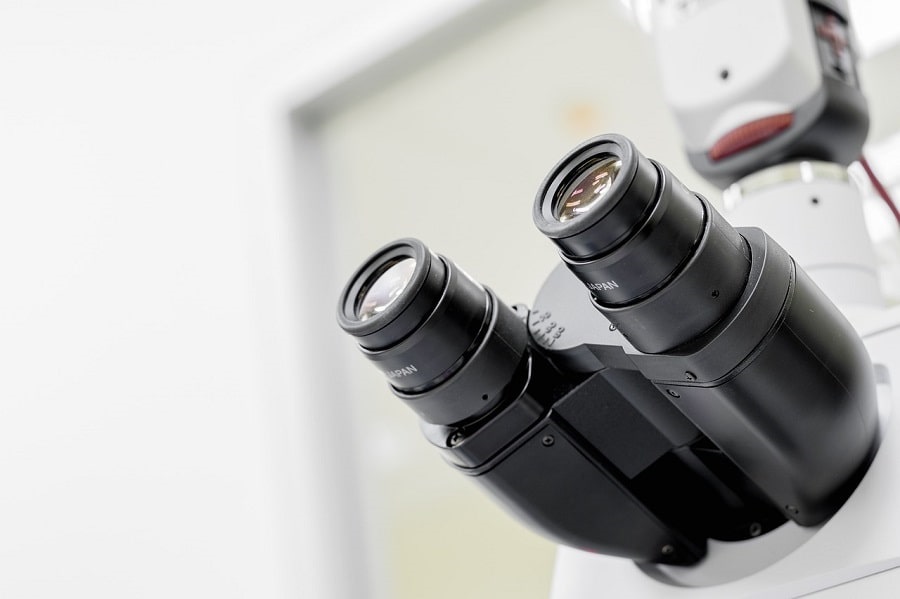A study by the University of the Basque Community, Spain, (UPV/EHU) uses game theory to establish that tumours with less cellular heterogeneity are more aggressive.
Mathematics, histopathology and genomics converge to confirm that the most aggressive clear cell renal cell carcinomas display low levels of intratumour heterogeneity, i.e. they contain fewer distinct cell types. The study, conducted by the UPV/EHU Ikerbasque Research Professor Annick Laruelle, supports the hypothesis that it would be advisable to apply therapeutic strategies to maintain high levels of cellular heterogeneity within the tumour in order to slow down the evolution of the cancer and improve survival.
Mathematical approaches are gaining traction in modern oncology as they provide fresh knowledge about the evolution of cancer and new opportunities for therapeutic improvement. So data obtained from mathematical analyses endorse many of the histological findings and genomic results. Game theory, for example, helps to understand the “social” interactions that occur between cancer cells. This novel perspective allows the scientific and clinical community to understand the hidden events driving the disease. In actual fact, considering a tumour as a collectivity of individuals governed by rules previously defined in ecology opens up new therapeutic possibilities for patients.
This may have important practical implications for the clinical management of malignant tumours. The constant arrival of new molecules enriches cancer treatment opportunities in the era of precision oncology. However, the researchers say that “it is one thing to discover a new molecule and quite another to find the best strategy for using it. So far, the proposed approach is based on administering the maximum tolerable dose to the patient.
However, this strategy forces the tumour cells to develop resistance as early as possible, thus transforming the original tumour into a neoplasm of low intratumour heterogeneity comprising only resistant cells”. So, a therapy specifically aimed at preserving high intratumour heterogeneity may make sense according to this theoretical approach, as it may slow cancer growth and thus lead to longer survivals. This perspective is currently gaining interest in oncology.
See also TOP universities of Spain











